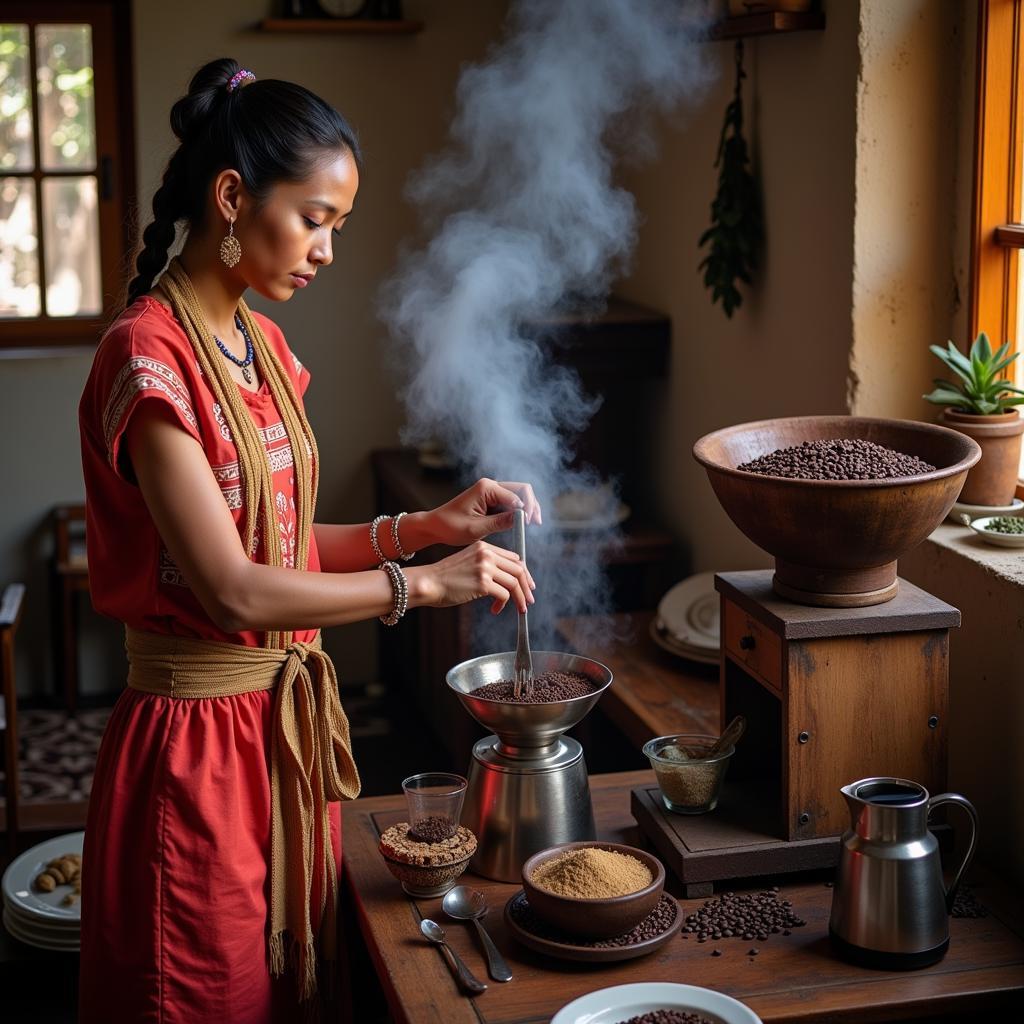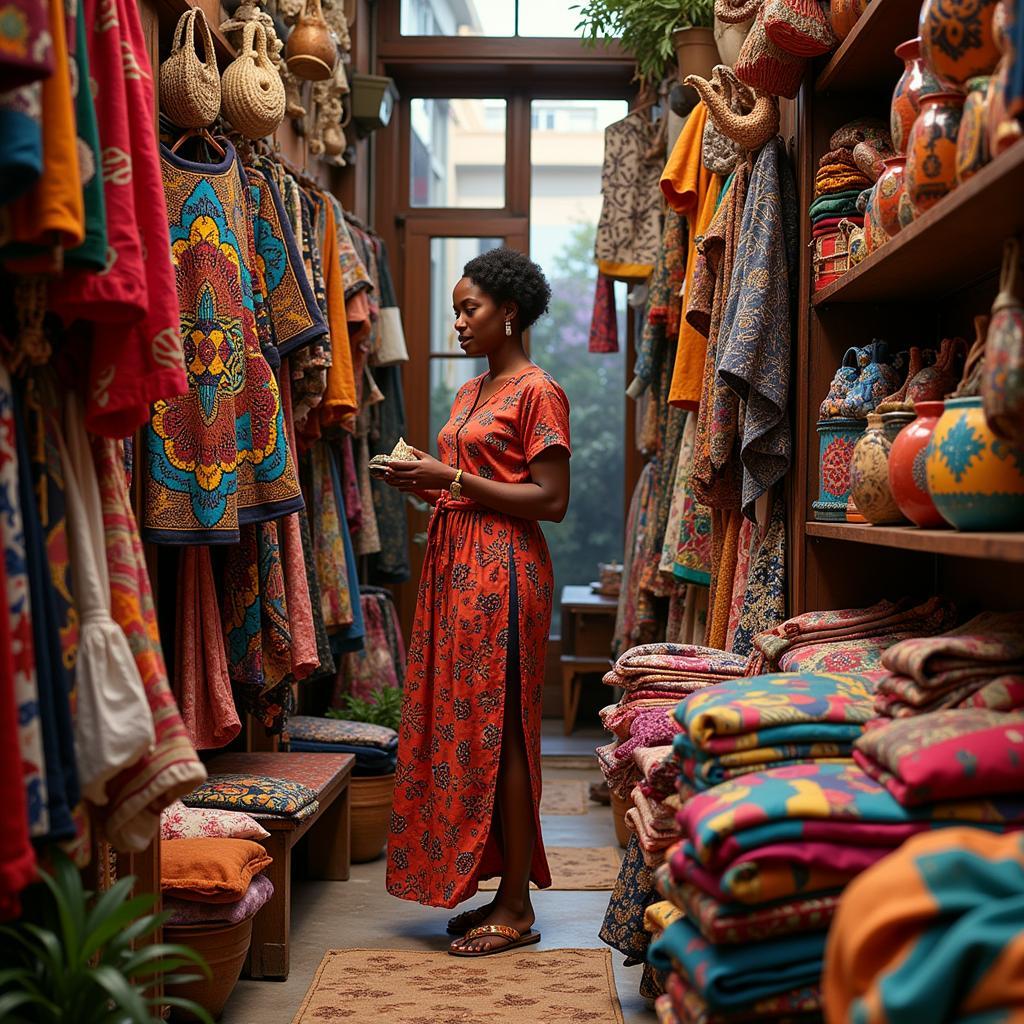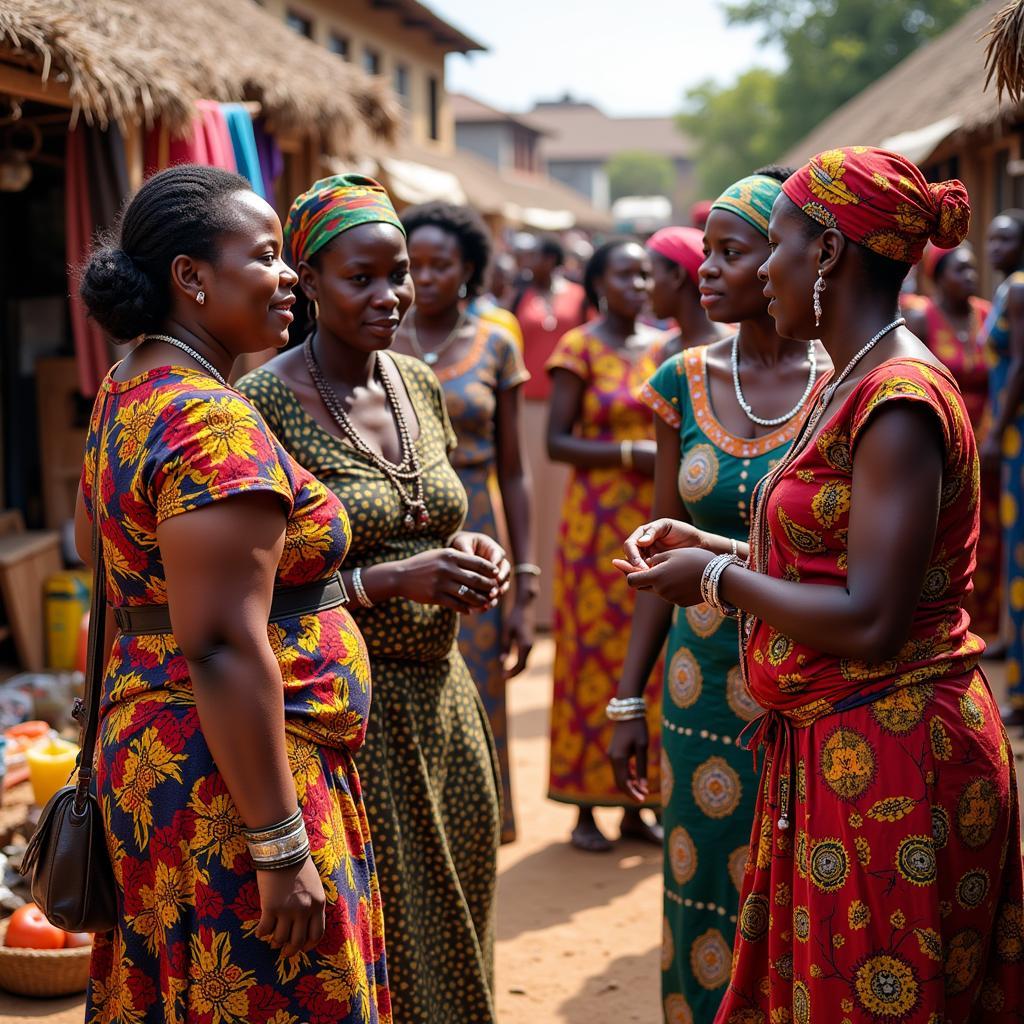Exploring the Rich World of African Coffee Beans
African Coffee Beans are renowned worldwide for their diverse and captivating flavors, reflecting the continent’s rich terroir and unique processing methods. From the bright acidity of Ethiopian Yirgacheffe to the earthy notes of Ugandan Robusta, African coffee offers a sensory journey unlike any other. This article delves into the fascinating world of African coffee, exploring its origins, cultivation, flavor profiles, and impact on local communities. african coffee beans for sale
A Continent of Coffee: Origins and Cultivation
Africa is the birthplace of coffee, with the legendary story of Kaldi the goat herder and his dancing goats highlighting the plant’s stimulating properties. Ethiopia, in particular, holds a special place in coffee history, believed to be the origin of Arabica coffee, the most widely consumed variety globally. Coffee cultivation spread across the continent, with countries like Kenya, Tanzania, Uganda, and Rwanda developing thriving coffee industries.
 Ethiopian Coffee Ceremony
Ethiopian Coffee Ceremony
Across the diverse landscapes of Africa, coffee is cultivated in varying altitudes, climates, and soil conditions. From the volcanic slopes of Mount Kilimanjaro to the fertile highlands of Rwanda, these unique terroirs impart distinct characteristics to the coffee beans. Shade-grown coffee, a common practice in Africa, fosters biodiversity and contributes to the complex flavor profiles of the beans.
Unveiling the African Flavor Profile
What makes African coffee so unique? The answer lies in the interplay of various factors, including genetics, altitude, climate, processing methods, and soil composition. african flavor profile African coffee beans exhibit a broad spectrum of flavors, from bright citrus and floral notes to rich chocolate and nutty undertones.
Exploring Regional Nuances
Ethiopian coffees are often described as having bright acidity, complex floral aromas, and hints of citrus and berry. Kenyan coffee is known for its black currant sweetness, juicy acidity, and full body. Tanzanian Peaberry coffee offers a unique sweetness and bright acidity, while Ugandan Robusta provides a bold, earthy flavor with a distinctive crema.
From Cherry to Cup: Processing Methods
The journey from coffee cherry to cup involves various processing methods, each influencing the final flavor profile. Washed processing, common in East Africa, results in cleaner, brighter flavors. Natural processing, prevalent in Ethiopia, yields a sweeter, fruitier cup with more body. Honey process, a hybrid approach, offers a balanced cup with nuanced sweetness and acidity.
“African coffee’s complexity is a testament to the continent’s diverse ecosystems and the dedication of its coffee farmers,” says Dr. Amani Kaaya, a renowned coffee researcher from Tanzania.
African Coffee: Beyond the Bean
African coffee beans are not just a commodity; they represent a vital source of income for millions of smallholder farmers across the continent. The coffee industry plays a significant role in supporting local economies, creating jobs, and fostering sustainable development. african goods
Empowering Communities Through Coffee
By supporting African coffee, consumers can contribute to the well-being of these communities. Fair trade practices ensure that farmers receive fair prices for their crops, empowering them to invest in their families and communities. Sustainable farming practices protect the environment and ensure the long-term viability of coffee production.
“Choosing African coffee isn’t just about enjoying a delicious cup; it’s about supporting a sustainable future for African farmers,” adds Mr. Kofi Asante, a coffee farmer from Ghana.
Conclusion: Embracing the African Coffee Experience
African coffee beans offer a unique and rewarding experience for coffee lovers worldwide. From the captivating flavors to the rich cultural heritage, exploring the world of African coffee is a journey worth embarking on. By choosing African coffee, you not only savor a delicious beverage but also contribute to the livelihoods of millions of African farmers.
FAQ
- What are the most popular African coffee origins?
- What are the different processing methods used for African coffee beans?
- How does altitude affect the flavor of African coffee?
- What are the benefits of buying fair trade African coffee?
- Where can I buy authentic African coffee beans?
- What are some common brewing methods for African coffee?
- What are the tasting notes of Ethiopian Yirgacheffe coffee?
Are there other types of African fruits besides coffee cherries that are used for beverages? african berry fruit online purchase For information on African coffee roasters, you can find contacts here. african coffee roasters contacts
For further assistance, please contact us via phone at +255768904061, email at kaka.mag@gmail.com, or visit our office in Mbarali DC Mawindi, Kangaga, Tanzania. Our customer service team is available 24/7.





